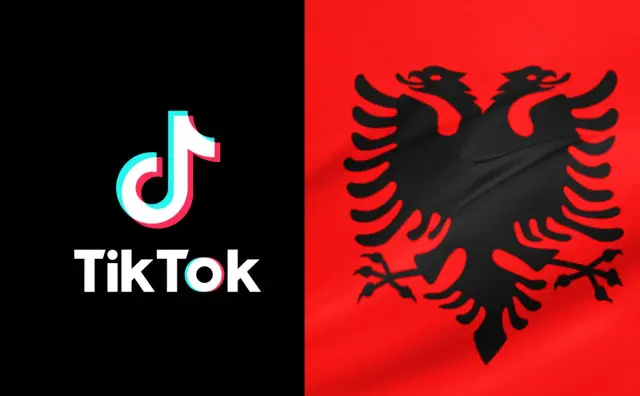
TIRANA, Albania — Albanian Prime Minister Edi Rama announced that TikTok will be banned nationwide for a year starting in early 2025.
The decision comes in the wake of a tragic incident where a 14-year-old student was killed, and another injured, following a fight near a school in Tirana that reportedly began on social media.
The announcement was made during a high-profile meeting in Tirana attended by teachers, parents, and psychologists. Rama referred to TikTok as “the neighborhood bandit,” signaling his belief that the platform fosters harmful behavior among young people.
“We will drive this bandit out of our neighborhood for a year,” he said, emphasizing the government’s resolve to combat the negative influences of social media on children.
Social Media and Youth Behavior Under Scrutiny
The death of the teenager has ignited a nationwide conversation about the role of platforms like TikTok in shaping youth interactions and mental health.
Educators and psychologists have raised alarms over the platform’s potential to escalate conflicts, while parents are voicing concerns about its broader impact on their children’s development.
“Social media platforms are increasingly becoming battlegrounds where disputes among teenagers begin and escalate,” said psychologist Anisa Dervishi.
“The lack of moderation and accountability often turns these platforms into spaces where harmful behaviors are amplified.”
The tragic event has also reignited broader debates about the regulation of social media in Albania, particularly regarding the exposure of teenagers to potentially harmful content.
Mixed Reactions to the Ban
The decision to ban TikTok has sparked mixed reactions across the country. Advocates for the measure see it as a bold and necessary step to protect young people from the harmful influences of social media.
“This ban is a clear message that the safety and well-being of our children come first,” said a parent attending the Tirana meeting.
However, critics argue that the move could limit access to a platform many young people use for entertainment, education, and creative expression.
“Banning TikTok might address some issues temporarily, but it doesn’t solve the underlying problem of educating youth about responsible social media use,” said university professor Arben Hoxha.
Tech experts have also questioned the effectiveness of such a ban, citing the possibility of young users bypassing restrictions through VPNs or other means.
“A blanket ban is not a sustainable solution,” noted technology analyst Ilir Gjoni. “Instead, a focus on digital literacy and stricter content moderation would be more impactful in the long run.”
Government’s Broader Strategy
Rama’s government has made it clear that the TikTok ban is part of a broader strategy to address the challenges posed by social media. The initiative includes campaigns to promote digital literacy and mental health support for teenagers.
While the ban is slated to last a year, officials have indicated that its impact will be closely monitored and assessed to determine whether further measures are necessary.
As Albania prepares to implement this controversial policy, the tragedy that spurred it serves as a sobering reminder of the potential consequences of unchecked social media influence.
For many, the hope is that this measure will spark a broader cultural shift toward more responsible digital engagement among the country’s youth.